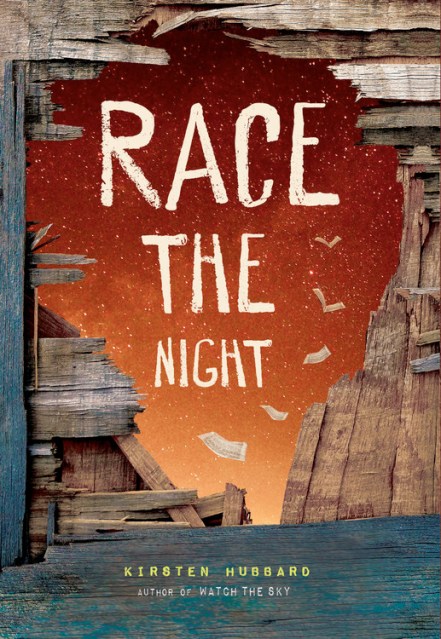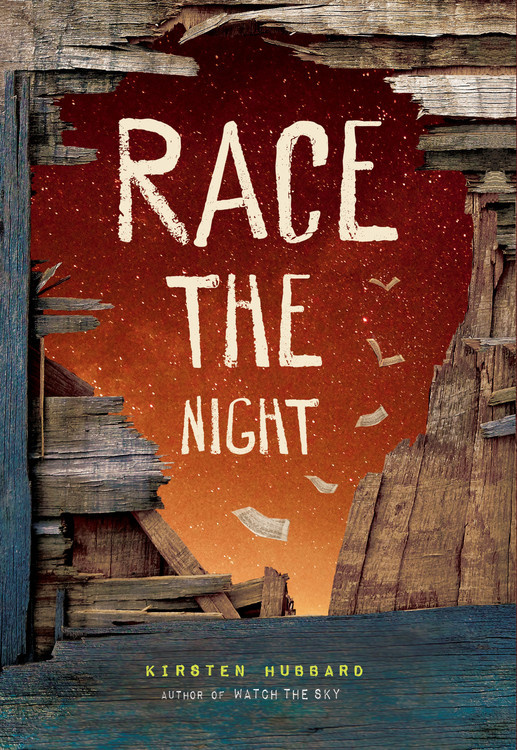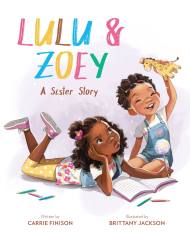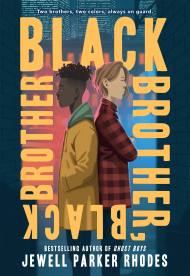Promotion
Use code MOM24 for 20% off site wide + free shipping over $45
Race the Night
Contributors
Formats and Prices
Price
$16.99Price
$17.99 CADFormat
Format:
- Hardcover $16.99 $17.99 CAD
- ebook $9.99 $12.99 CAD
This item is a preorder. Your payment method will be charged immediately, and the product is expected to ship on or around November 8, 2016. This date is subject to change due to shipping delays beyond our control.
Also available from:
Without you, there’d be no hope for the world. Because you are the whole world.
That’s what Teacher says, and twelve-year-old Eider knows she’s right. The world ended long ago, and the desert ranch is the only thing left. Still, Eider’s thoughts keep wandering Beyond the fence. Beyond the pleated earth and scraggly brush and tedious daily lessons. Eider can’t help wishing for something more-like the stories in the fairytale book she hides in the storage room. Like the secret papers she collects from the world Before. Like her little sister who never really existed.
When Teacher announces a new kind of lesson, Eider and the other kids are confused. Teacher says she needs to test their specialness-the reason they were saved from the end of the world. But seeing in the dark? Reading minds? As the kids struggle to complete Teacher’s challenges, they also start to ask questions. Questions about their life on the desert ranch, about Before and Beyond, about everything Teacher has told them. But the thing about questions-they can be dangerous.
This moving novel-equal parts hope and heartbreak-traces one girl’s journey for truth and meaning, from the smallest slip of paper to the deepest understanding of family. The world may have ended for the kids of the desert ranch . . . but that’s only the beginning.
Genre:
- On Sale
- Nov 8, 2016
- Page Count
- 288 pages
- Publisher
- Little, Brown Books for Young Readers
- ISBN-13
- 9781484708347
Newsletter Signup
By clicking ‘Sign Up,’ I acknowledge that I have read and agree to Hachette Book Group’s Privacy Policy and Terms of Use







